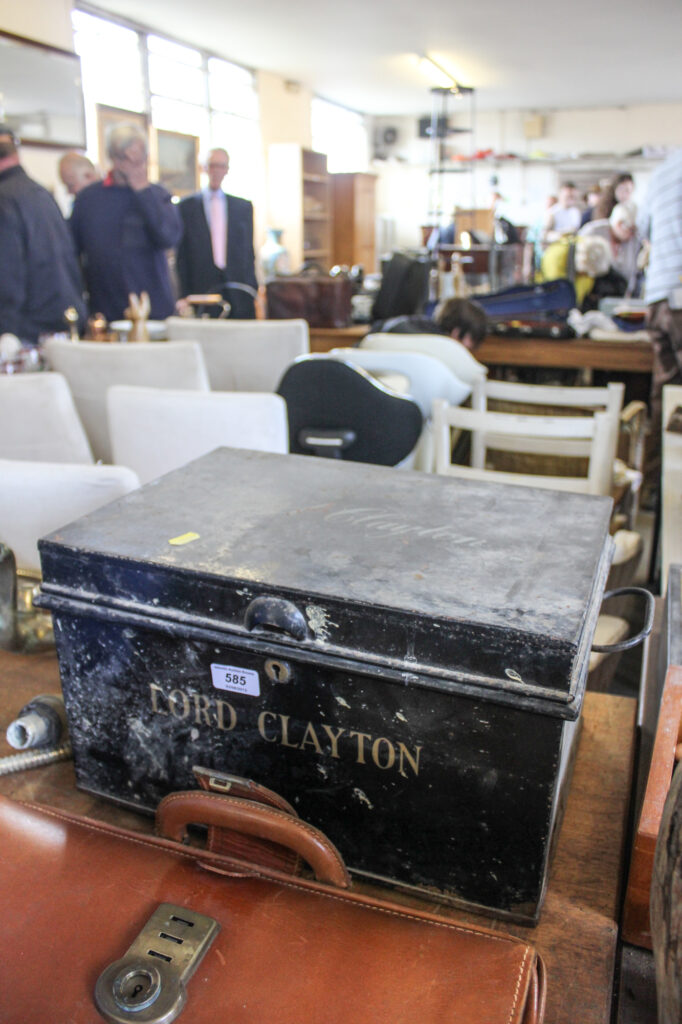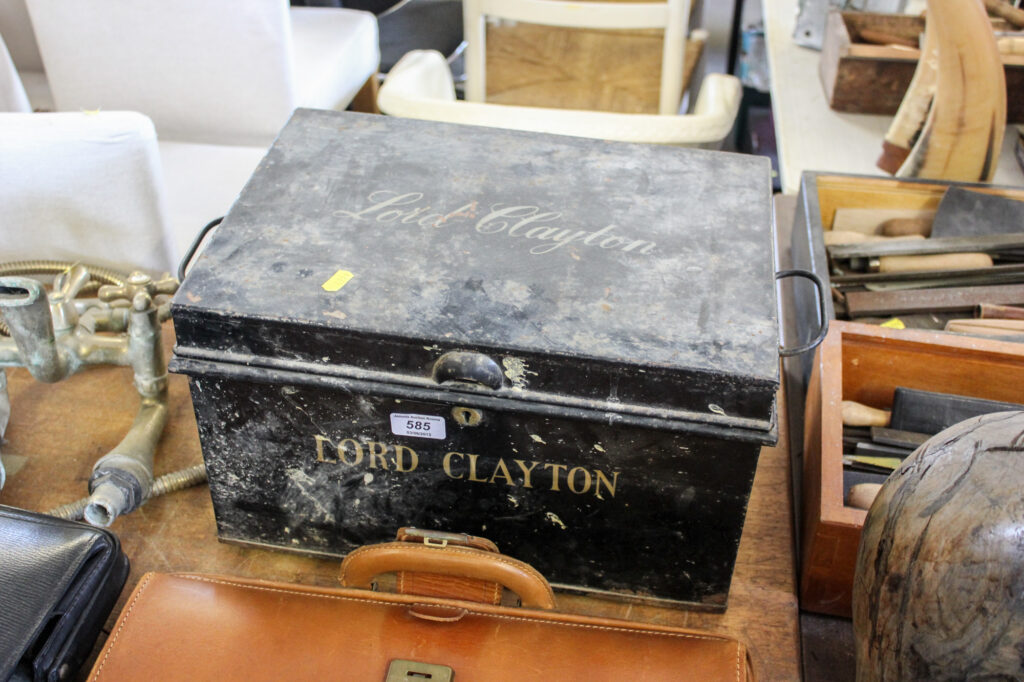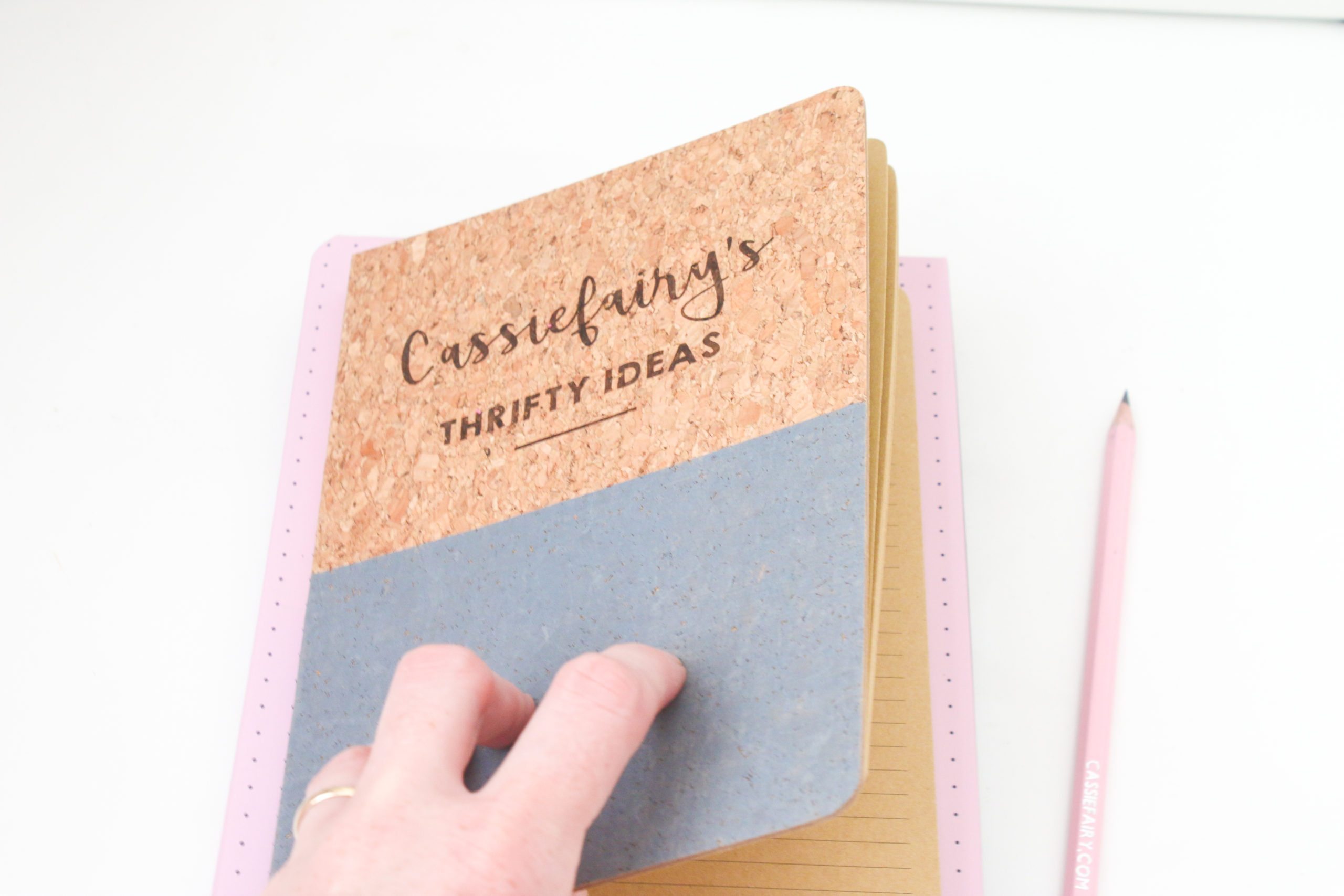
Understanding the basics: Auctions and estate sales explained
Auctions and estate sales are often associated with rapid sales of goods, typically resulting from events such as relocation or inheritance. An auction is a method of selling where items are presented for bidding, and the highest bid takes the item home.
Meanwhile, an estate sale generally involves a home’s contents being sold off, frequently due to death or downsizing. There can be some real treasures at these sales, like antiques or rare collectables, making them prime grounds for bargain hunting. It’s also a good move for shopping sustainably as well.

Bargain hunting: How to spot treasures at low prices
Not everyone is a natural bargain hunter, so here are a few things to master if you want to become one:
- Knowledge is power: Research valuable items and their average market prices beforehand.
- Examine the goods carefully: Look for signs of authenticity or rarity that others may miss.
- Early bird catches the worm: Arrive early when there are more options available.
- Patience pays off: Sometimes, being patient can lead you to better deals towards the sale’s end.
By using these strategies effectively, you’ll soon master spotting high-value pieces among ordinary items in sales and auctions, truly honing your bargain-hunting skills.

Strategies for winning bids without breaking the bank
If you’re focused on auctions as a means of finding great deals, you need to do the following things to thrive in this environment:
- Set a budget: Know your maximum spending limit to avoid impulsive, high bidding.
- Lower your expectations: Opt for less popular items that can be snatched up at lower prices.
- Follow the ‘Incremental Bid’ approach: Place small increased bids to stay in contention without overshooting.
- Wait it out: Sometimes, staying quiet until the last moments of bidding can win you deals.

Of course, if all this sounds too stressful, buying directly from a reputable vintage retailer is more appealing. That way you can snap up everything from stunning sapphire rings for her to the mid-century modern pieces that I love without having to get into a bidding war or waiting around for that perfect product to go under the hammer.
Brush up on your haggling skills: negotiating at estate sales
There’s no getting around the fact that haggling is part and parcel of securing a good deal, especially at estate sales. Even auctions offer opportunities for negotiating, especially if an item you want doesn’t meet its reserve and you are able to meet with the seller afterwards. Here are some tips for success while haggling:
- Do your homework: Understand the item’s value to negotiate effectively.
- Show respect and empathy: A good rapport can lead to better prices with sellers.
- Be assertive, not aggressive: State your offer confidently but avoid confrontations.
- Bundle up for more savings: Buying multiple items could provide room for discounts.
These haggling tactics will not only ensure you gain goods at budget-friendly rates at estate sales but also maintain good relationships with sellers, which might even get you insider knowledge about their next sales.

The best way to get the most out of auctions and estate sales is to start attending them, whether in person or remotely, to get a feel for the ebb and flow of the action. Then when you are ready to start bidding or negotiating, it will feel less intimidating. Let me know your best auction buy in the comments below, I’d love to hear how you got on with haggling and shopping secondhand.
Pin it for later

This blog post is an advertisement feature that has been written in collaboration with a sponsor. The pink links in this post indicate a sponsored link 🙂






















